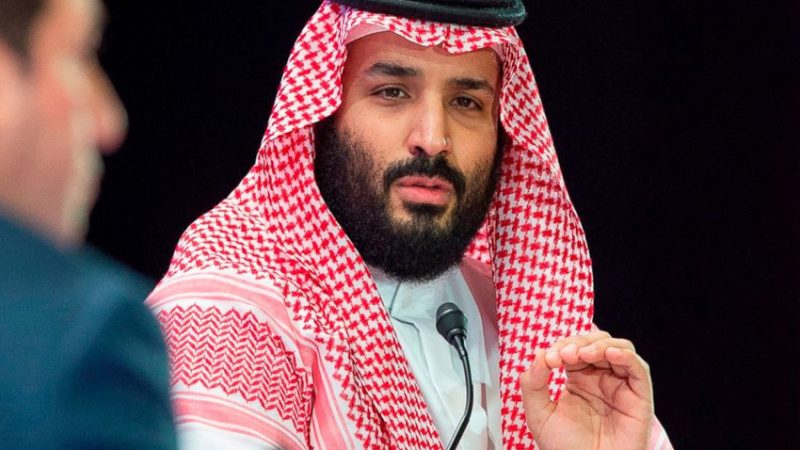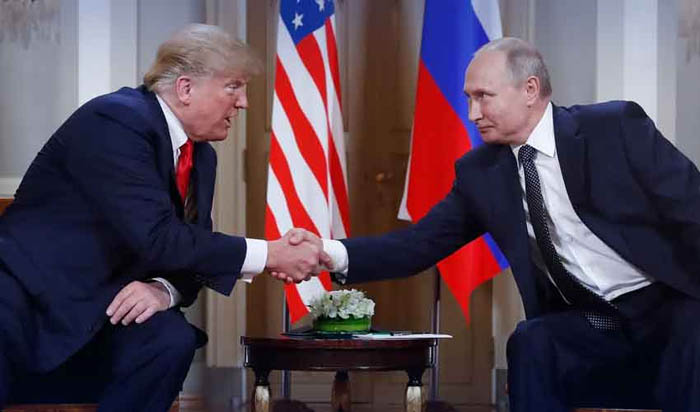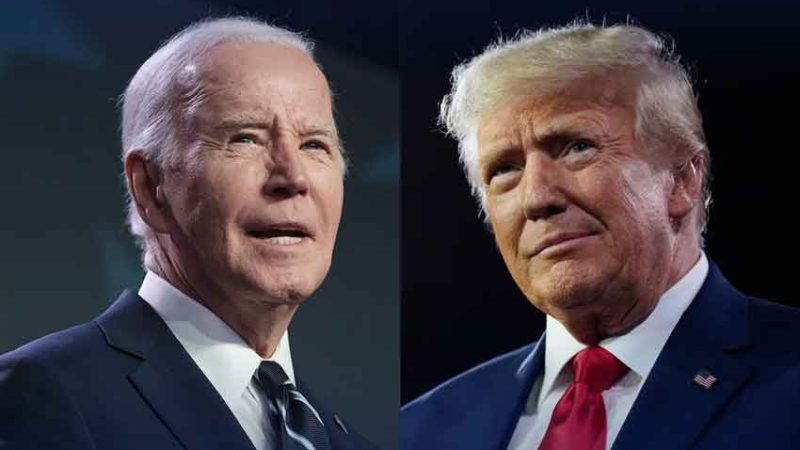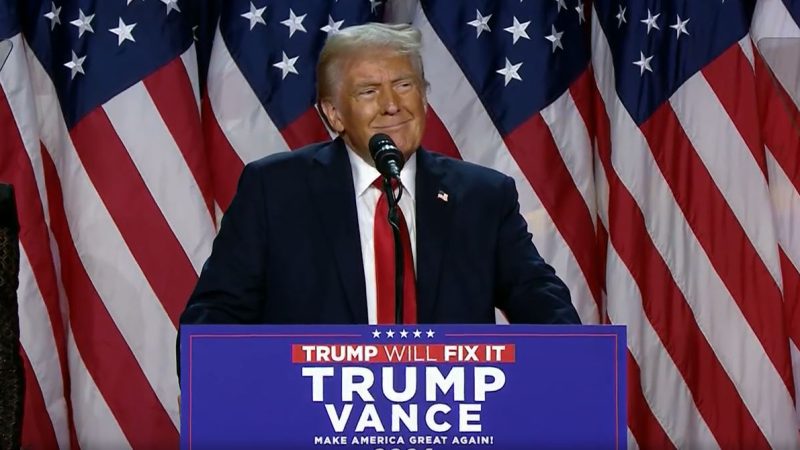Iftar, i’tikaaf to remain banned in Saudi’s Two Holy Mosques during Ramadan
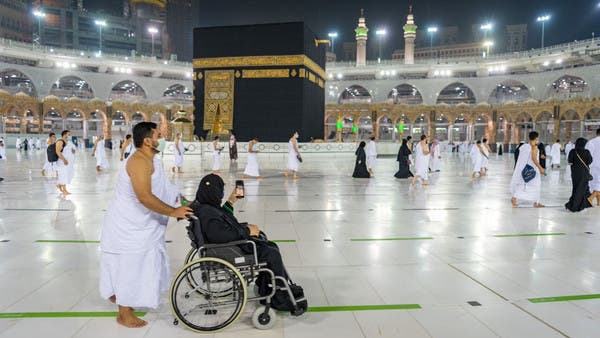
Iftar (breaking fast) and performing i’tikaaf (the practice of staying at a mosque for worship for a certain number of days) will remain banned in Saudi Arabia’s Two Holy Mosques — Grand Mosque in Mecca and the Prophet Muhammad’s (PBUH) Mosque in Madina — during Ramadan due to the pandemic.
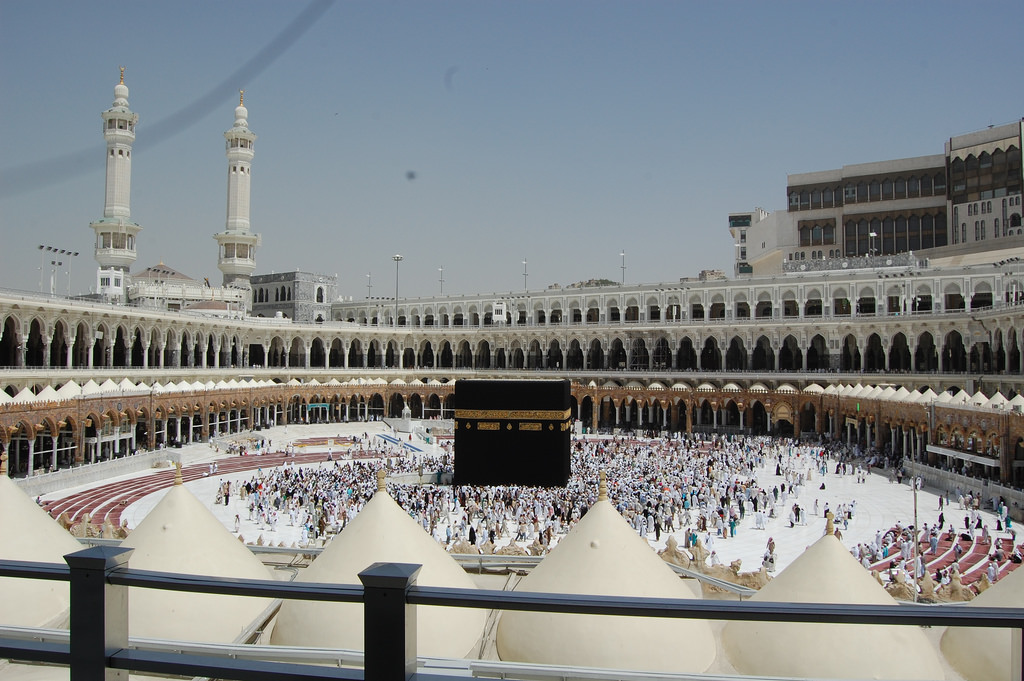
Saudi Gazette, citing the head of the Presidency for the Affairs of the Two Holy Mosques, Sheikh Abdul Rahman Al-Sudais, said the government was preparing to provide ready-made iftars for those visiting the Grand Mosque.
Meanwhile, the “distribution of suhoor among visitors, worshipers, and others in the areas of the Prophet’s Mosque and its courtyards and premises will be forbidden.”
“The mataf (area for circumambulation around the Holy Kaaba) will be designated only for Umrah pilgrims and there will be five designated areas inside the Grand Mosque and its eastern courtyard for performance of prayers,” he said.
“Translators working at the Grand Mosque will provide guidance service and translate questions to scholars who will issue fatwas (religious edicts) in 23 languages,” he said. “There will also be sign language interpreters for the Friday sermon.”



